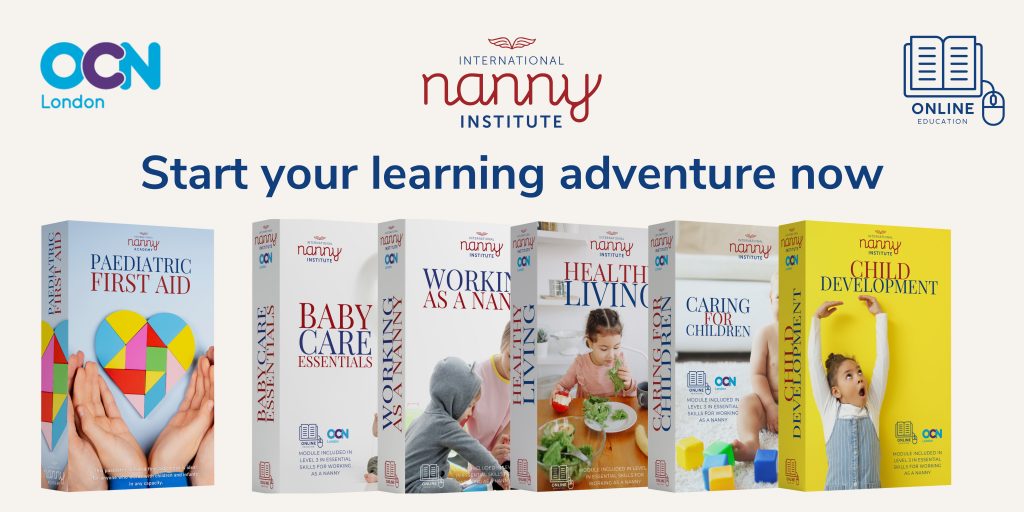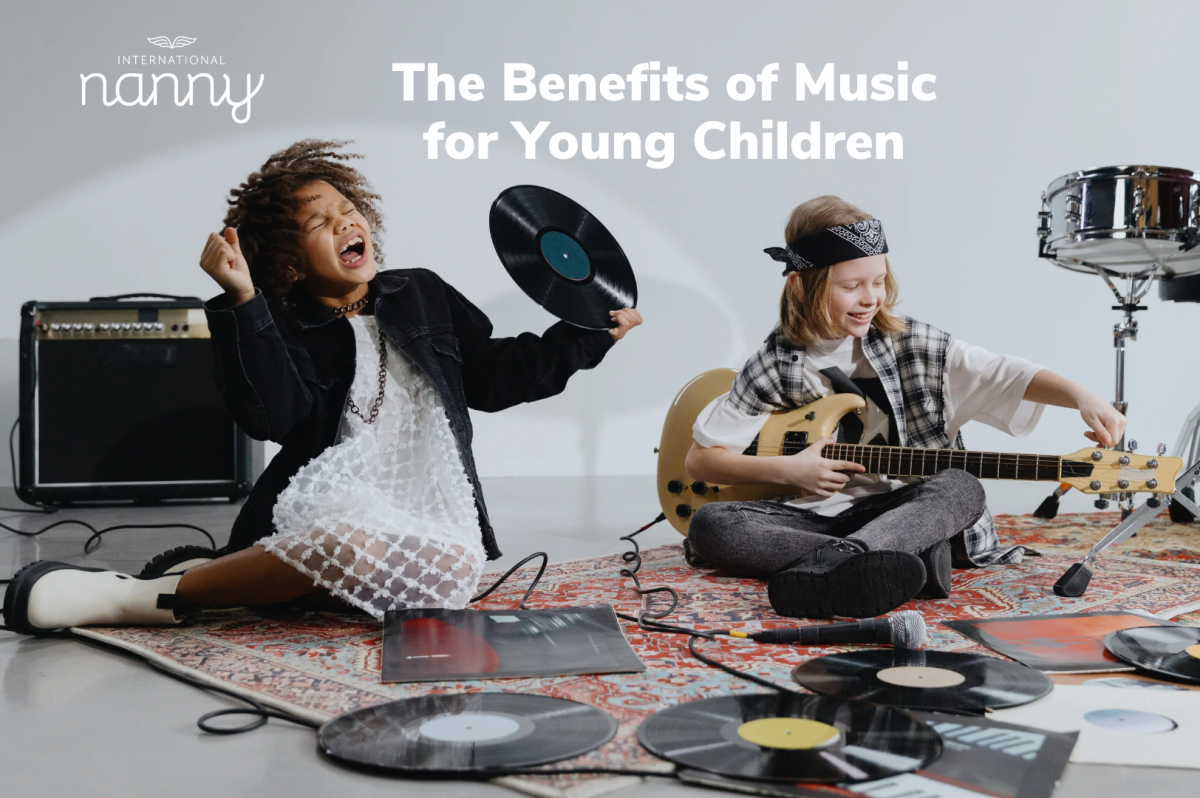The Benefits of Music for Young Children
For many people, music plays an important role in their lives, providing comfort, inspiration, and entertainment. Research has shown that music can also have significant benefits for young children, helping to promote cognitive, social, and emotional development. In this article, we will explore the benefits of music for young children and how nannies can incorporate music into their daily routines to foster growth and development. You might wonder, for example, at what age children start to develop an awareness and appreciation of music and when they might benefit from it.
Early Exposure to Music
Research has shown that children begin to develop a sense of musicality from a very young age. Even before they are born, babies can hear and respond to music, and studies have shown that music can help to calm babies and support healthy prenatal development. Early exposure to music can also help to foster a love of music that can continue throughout childhood and into adulthood, and music has many developmental and cognitive benefits too.
Cognitive Benefits of Music
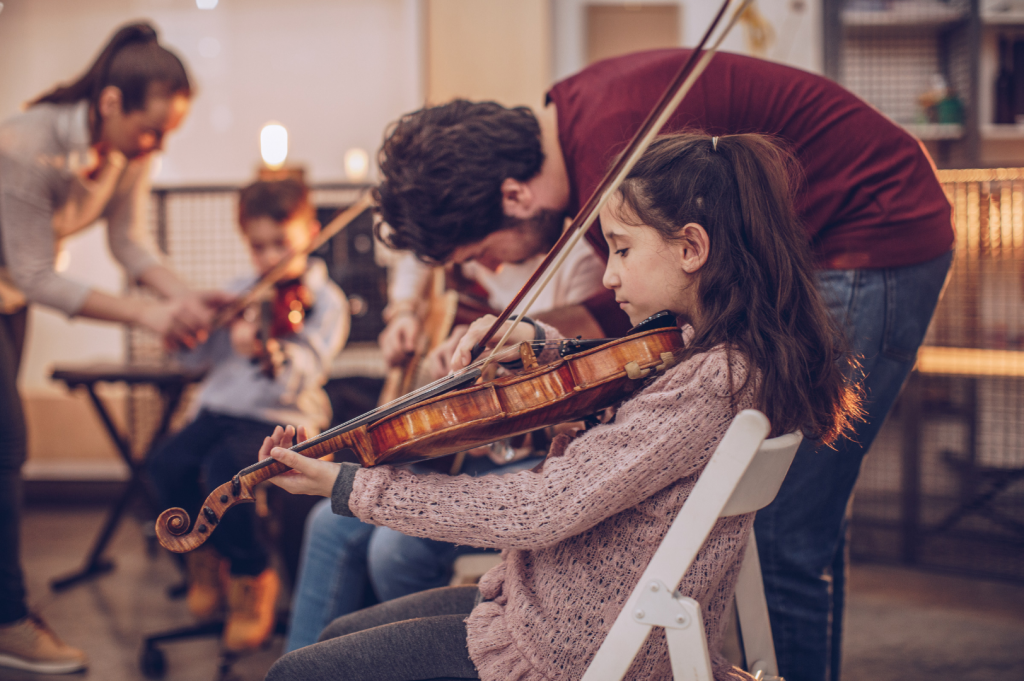
Music can have a significant impact on cognitive development, including language development, spatial awareness, and mathematical reasoning. Here are some of the cognitive benefits of music for young children:
Language Development
Listening to music can help young children to develop language skills, such as vocabulary, grammar, and pronunciation. Singing songs or playing rhyming games can also help children to learn language more effectively, as they can associate the sounds of words with the patterns in music.
Spatial Awareness
Music can help children to develop spatial awareness and cognitive skills, such as sequencing and pattern recognition. Learning to play an instrument or participate in music and movement activities can also improve spatial reasoning skills, which are essential for maths and science.
Mathematical Reasoning
Studies have shown that music can help to improve mathematical abilities, such as counting, sequencing, and pattern recognition. Learning to read music can also help to develop an understanding of mathematical concepts, such as fractions and ratios.
It is not just academic or cognitive development that music influences either, being exposed to music can benefit children much more holistically, having significant impacts on their social and emotional development.
Social and Emotional Benefits of Music
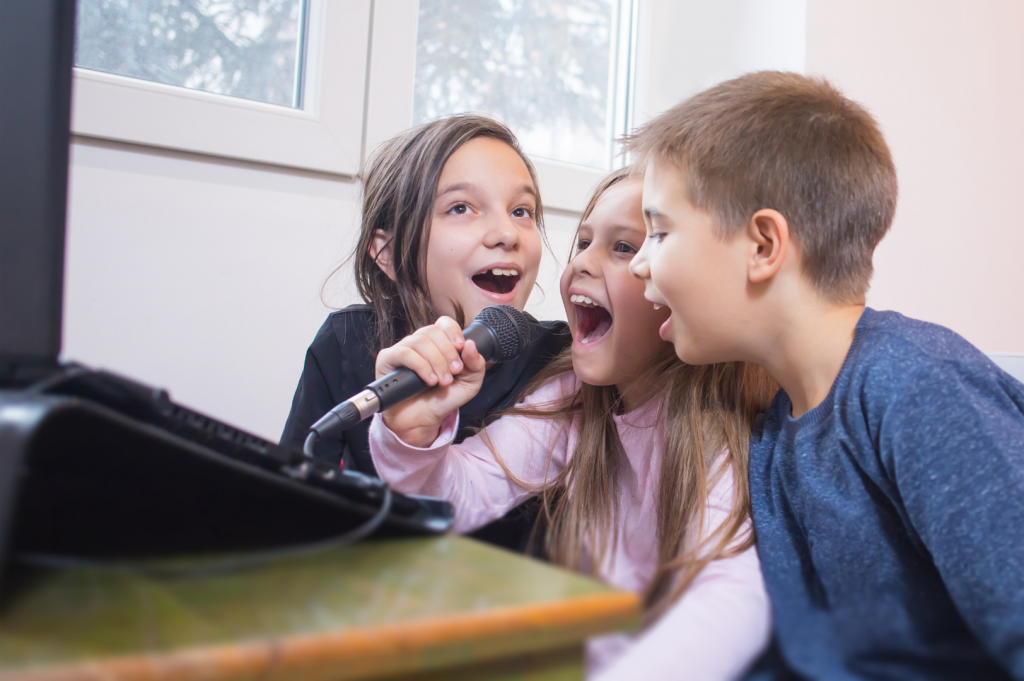
Music can also have significant social and emotional benefits for young children. Here are some of the ways that music can promote social and emotional development:
Emotional Regulation
Music can help children to regulate their emotions and express themselves in a healthy and constructive way. Listening to calming music or playing a musical instrument can also help to reduce stress and anxiety in young children.
Social Skills
Playing music with others, such as in a group or band, can help to develop social skills, such as cooperation, communication, and teamwork. Music can also help to improve listening skills, which are essential for effective communication.
Self-esteem
Learning to play an instrument or singing in a group can help to boost children’s self-esteem and confidence. Feeling a sense of accomplishment from mastering new skills can promote a positive self-image and a sense of agency and control.
With all these great benefits, music is definitely something that should be integrated into children’s daily routines and life experiences.
Incorporating Music Into Daily Routines
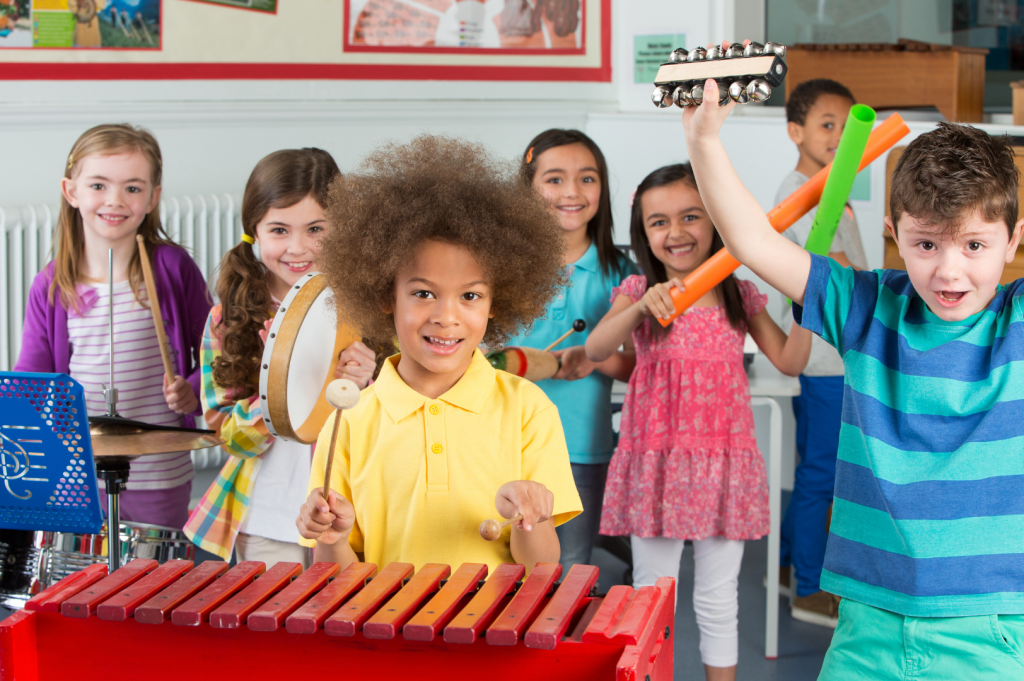
Nannies can incorporate music into their daily routines to promote growth and development in young children. Here are some ideas for incorporating music into your daily routine:
Singing Songs
Singing songs is an easy and effective way to incorporate music into your daily routine. You can sing songs during mealtime, bath time, or playtime, to make these activities more enjoyable and engaging for young children.
Music and Movement
Music and movement activities, such as dancing or playing instruments, can be a fun way to promote physical activity and gross motor skills while also developing musical abilities. Encouraging children to dance or play along with the music can help to improve coordination and balance.
Music-Based Games
Playing music-based games, such as musical chairs or freeze dance, can help children to develop social and emotional skills while also improving musical abilities. These games can also be a fun and engaging way to spend time with young children.
Final Thoughts
Music has many benefits for young children, promoting cognitive, social, and emotional development. Incorporating music into your daily routine as a nanny can help to foster a love of music in young children, while also promoting healthy growth and development. Whether it’s singing songs, playing instruments, or engaging in music and movement activities, the benefits of music are clear, and it’s never too early to start exposing young children to the joy and beauty of music.
If you’d like to find out more about this topic, our course on Early Years Childcare explores the pattern of children’s development and how to integrate developmentally appropriate activities, whilst our course Integrating Education into Childcare explores creativity and gives nannies practical ideas for activities that they could provide for young children to support this kind of development.
